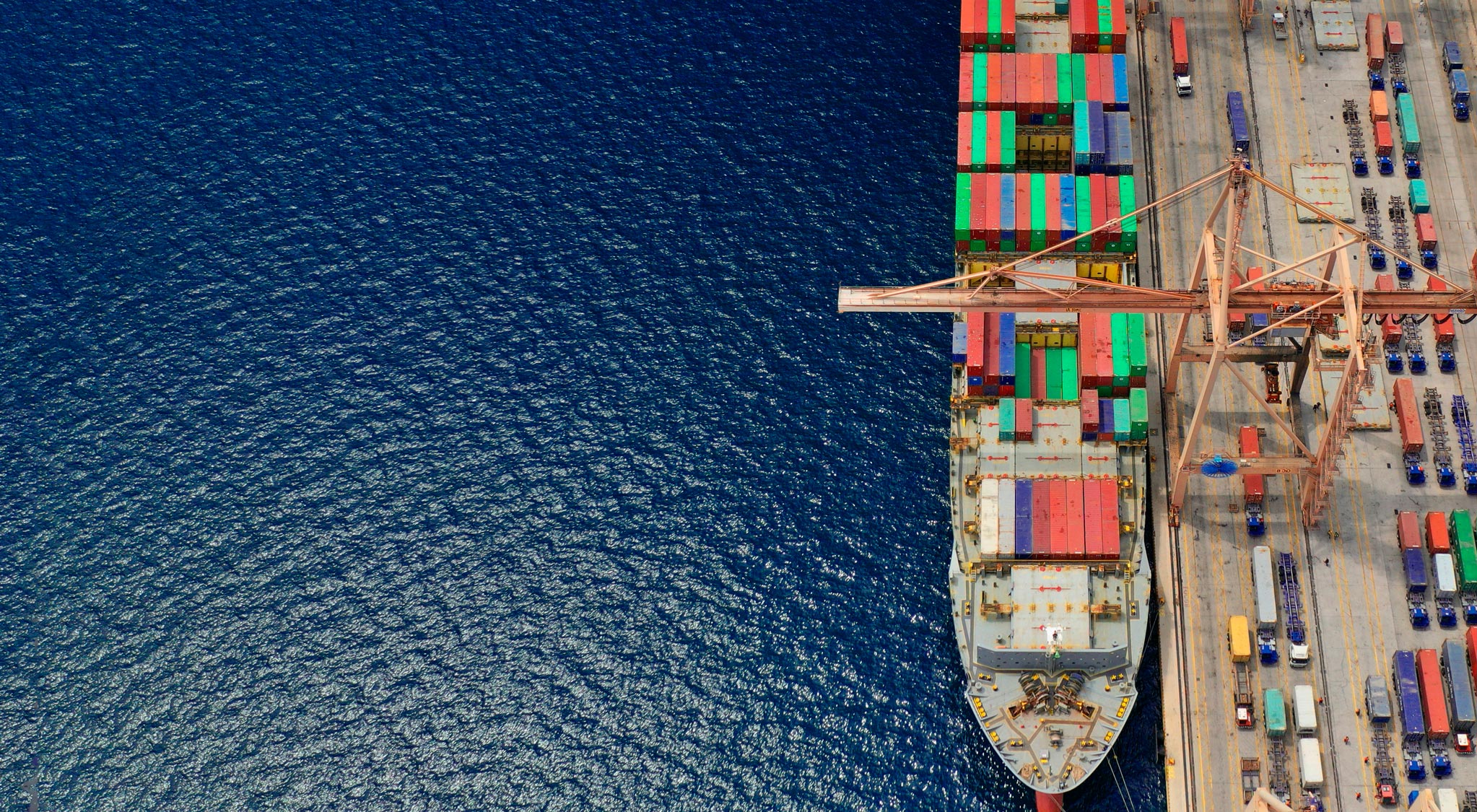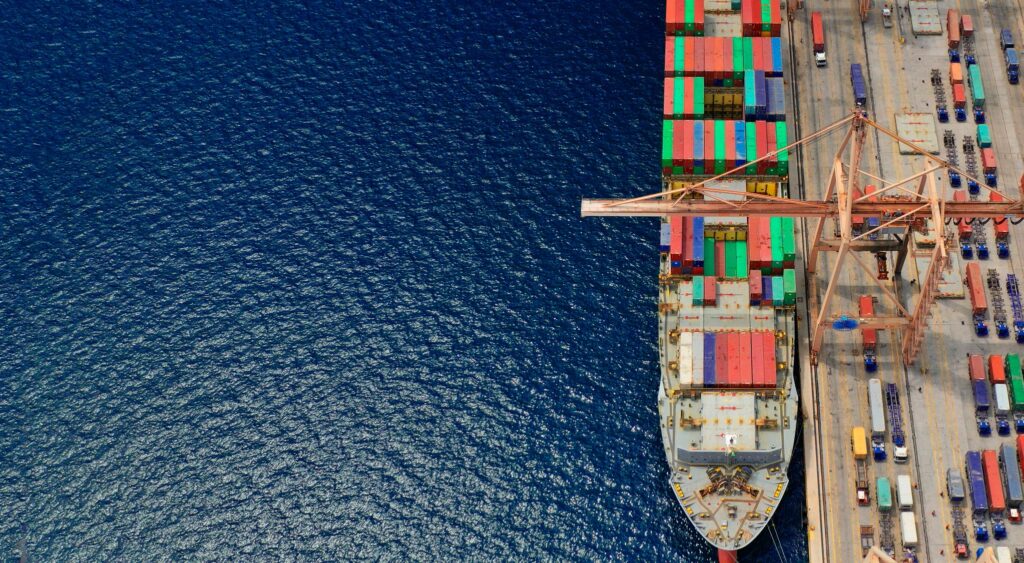
Image: Pixabay
Initiative, promoted by the United Nations and Turkey, was created to reintroduce vital food and fertilizer exports from Ukraine and Russia to the rest of the world.
The head of UN Humanitarian Affairs warned the Security Council this Monday (6) that more efforts must be made to reach almost 18 million people suffering from the consequences of the war in Ukraine.
{module Form RD}
On the eve of the one-year mark since the start of the Russian invasion, Martin Griffiths stated that “there is much to be done” with almost 40% of the Ukrainian population in need of humanitarian assistance.
Continued violence
According to the Under-Secretary-General for Humanitarian Affairs, the humanitarian response plan for the country in 2023 should be launched in Geneva and needs to raise US$ 3.9 billion to serve more than 11 million Ukrainians.
He also stated that although much of the civil infrastructure, such as homes, schools and hospitals, has been destroyed and entire cities have been damaged, “the violence shows no signs of abating.”
A recent report from the World Health Organization, WHO, documented 14,000 civilian casualties, 17.7 million people in need of humanitarian assistance and 7.5 million Ukrainian refugees displaced across Europe. The report covered the first nine months of the conflict.
In December, Martin Griffiths was in the country and witnessed entire communities without electricity and essential supplies.
United Nations activities
According to the Under-Secretary-General, the UN provides assistance to 15.8 million people, including 1.3 million outside the control of the Ukrainian government.
In his speech to the Security Council, he added that convoys of UN agencies provide various types of support and have partners who send supplies ranging from warm clothes to construction materials to those most in need.
The UN Humanitarian Affairs chief said operations were expanded last year, with the delivery of aid to locations close to the frontline in rural areas of Donetsk, Zaporizhzhia, Kherson and Kharkiv.
He reinforced that it is necessary to “reach more people, more often” to stop the humanitarian catastrophe and the suffering of the Ukrainian people, as well as address the global implications of the war on food and energy prices, trade and supply chains, and the issues of nuclear safety.
Access to humanitarian aid
The head of Humanitarian Affairs adds that, despite repeated attempts, humanitarian access to areas under Russian military control has become increasingly unpredictable and impeded.
He reminded all parties in Ukraine to take constant care to spare civilians and ensure the passage of aid deliveries.
Regarding the Black Sea Grains Initiative, Martin Griffiths stated that the agreement continues to advance and pointed to the critical need for its renewal in March.
Additionally, he said the UN should push to facilitate more food and fertilizer exports from Russia in a broader effort to address global food insecurity.
Source: datagro











